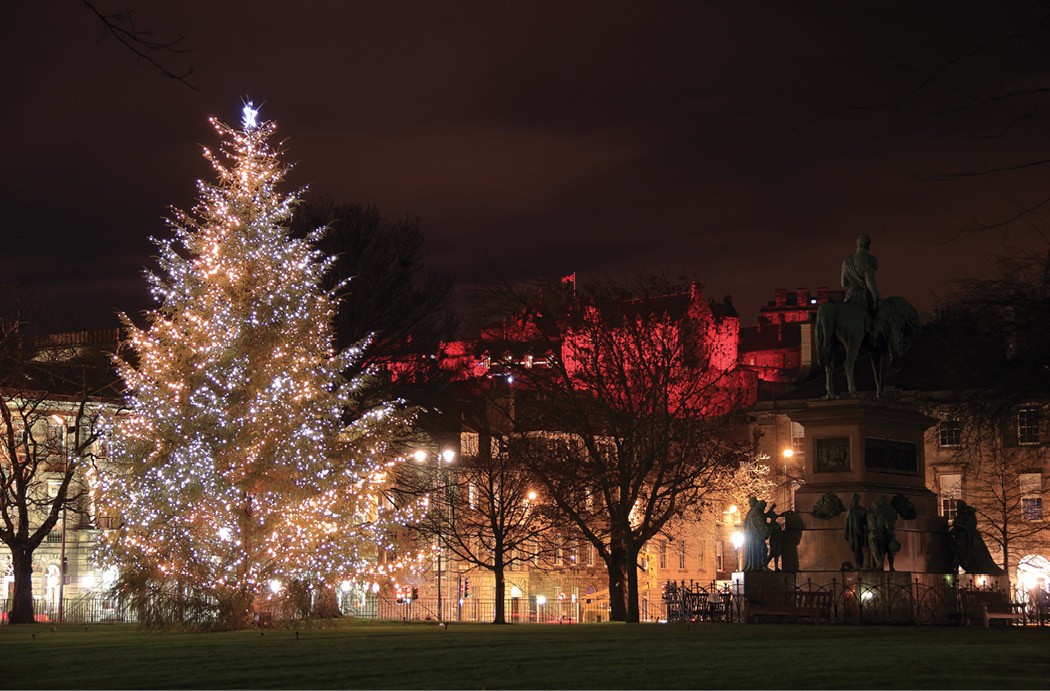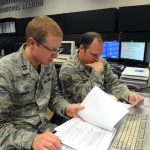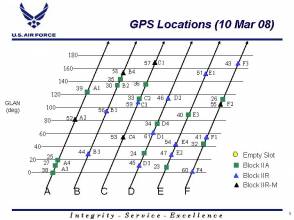We’ve a long history as a learned society,” Royal Institute of Navigation Director John Pottle told the plenary audience, “solving navigation problems is no longer a simple matter. It’s not all about the technology anymore. What we think we do, uniquely, in the world is to bring different disciplines together who share a common interest in navigation.”
One example of this diversification of domains under the RIN umbrella was the inclusion of birds at this year’s INC. And no, we’re not talking about partridges in pear trees, although those wouldn’t have been out of place. No, these were the birds being studied by Miriam Liedvogel (which means ‘songbird’) of the Max Planck Institute for Evolutionary Biology, whose complex navigation behavior she laid out in a fascinating keynote presentation.
Pottle said, “By sharing insights between ourselves and other navigation-related disciplines such as animal navigation and human navigation, we can be individually and collectively more effective at creating a more navigable world.”
Diversity
Bringing greater cultural diversity and gender balance into the RIN membership is another priority for the Institute, as related by the organization’s president Terry Moore. Keynote speaker Diana Furchtgott-Roth has argued in her book, Women’s Figures, that the presence of lower numbers of women relative to men in particular sectors of society might be the result of women making different choices when deciding what they want to study and what kind of work they want to do.
“Women don’t need affirmative action,” she said, at the beginning of her speech. As Deputy Assistant Secretary for Research and Technology at the US Department of Transportation, she explained, among other things, how the US is investing in diversity of another kind: diversity of PNT options against the backdrop of increasing awareness of GNSS vulnerability.
Furchtgott-Roth began by saluting the great explorers and geniuses of the past, including some kilt-wearing sons of Scotland, quoting Shakespeare and calling GPS “one of the great heroic systems of our times, a monumental human, scientific and technical effort that has transformed culture, politics and society.” The US, she said, is concerned about protecting GPS. She likened today’s GPS to those early personal computers that began to appear at the end of the 1970s. “No one ever thought about computer hackers back then,” she said, “but today no one would think of operating one without some level of an anti-virus.”
Now that GNSS enjoys widespread adoption, few users appear to be aware of its vulnerabilities. “We need to toughen our GPS receivers,” said Furchtgott-Roth. “No one thought about the cyber problems of GPS receivers when they were first put in place, but now it’s a priority.”
Augmentation
The U.S. Department of transportation also seeks to augment GPS capabilities through use of alternate PNT technologies. “In September, my office,” said Furchtgott-Roth,” announced an opportunity for technology vendors to participate in the demonstration to examine possible technologies to augment the GPS system. And earlier this month we awarded 11 contracts. We intend to finish the testing and conduct a demonstration of these technologies next March.”
The list of vendors is public and includes organizations propounding technologies from terrestrial radio signals to eLoran to fiber-networks for timing, iridium satellites for encrypted signals, jamming protection systems, wi-fi and cell signals for localization, and more. “The department of transportation hopes to come to a decision by next May. Then we will get together with the Defense Department and the Department of Homeland Security and chose a technology or combination of technologies,” she said. “And then we hope that our Congress will allocate funds to purchase this equipment. Our top priorities are national and economic security. We cannot have GPS be a single point of failure for transport and other critical infrastructure.”
Guy Buesnel is PNT Security Technologist, Robust Positioning and Timing at Spirent. About Furchtgott-Roth’s presentation, he said, “I think it shows how serious the USA are taking this resilient PNT issue. We need users to have confidence in this technology. I don’t think there’s going to be one single ‘silver-bullet’ solution that’s going to solve it all. There will be a spread of solutions and it’s going to depend on the application area and the use cases.”
Buesnel believes there will be quite a competition during the DoT demos, and what happens in the US might go a long way to determining what happens in the rest of the world. For the companies that come out on top, that could translate into quite a prize.
Buesnel also pointed to the urgent need for more open communication among the PNT community: “As we move forward, we all need to make sure that if there is a vulnerability that someone is exploiting the community knows about it. We mustn’t be afraid or hold back information about attacks or vulnerabilities.”
Responsible Disclosure
John Pottle agreed:”In the IT community, they call it ‘responsible disclosure’. The argument is that if you are open about attack vectors then it allows people to develop solutions. I would be very much in favor of more information sharing on the threats, their nature, impacts and mitigations.” Pottle said there’s been a shift in the last couple of years from just trying to raise awareness of resilient PNT to much more structured discussions of how to assess risk and what to do about it. “As a community we need to do more work in developing practical advice and tools to help people decide what to do. Everybody knows there’s a ton of stuff, but what are the two to three options that are best for my need?”
The Institute of Navigation’s Executive Director Lisa Beaty added her voice to the call for closer ties and more transparency in the PNT sector. “Collaboration among leading international PNT professionals helps create an environment for the exchange of information, encourages common solutions and leverages resources that advance PNT across the globe,” she said. Forums like the Institute’s several conferences of course provide great opportunities to engage in such exchanges.
Interference Spotted From Space
Coming to you from the heart of (the University of) Texas, Todd Humphreys wowed the CNI crowd with his presentation outlining work that exposed the use of GPS spoofing in active Russian combat zones, particularly Syria, for airspace denial purposes. “We repurposed a science instrument onboard the International Space Station to locate and characterize spoofing coming from different spots around the globe,” he said.
The science instrument in question was a unique, completely software-defined, occultation receiver that Humphreys had designed as a graduate student to study the upper atmosphere and ionosphere. Installed many years later on the International Space Station, which happens to be in a low-Earth orbit, the instrument could be turned to the detection of ground-based spoofing signals. The same kind of instrument installed on any other LEO satellite, Humphreys said, could be used in the same way to detect, characterize and pinpoint spoofing signals.
“One of the key things to take note of here is that we were able to do this detection and analysis of patterns of GNSS spoofing using publicly available data and commercial technologies, “ he said.
The C4ADS team that collaborated with Humphreys and his UT Austin team has concluded that any system that reports GNSS-derived location information, like aircraft or mobile devices, can potentially be exploited to identify GNSS spoofing events affecting aircraft or ground-based GNSS receivers, the team concluded.
Raise a Cup of Cheer
The cobblestones were still glinting and the tinsel was still twinkling as conference delegates made their way to the old town for a drinks reception at the National Museum of Scotland, visions of sugar-plums dancing through their heads. We didn’t actually see the bagpipers, but you could sort of hear them in the background.
“This INC is a very important collection of people from all over the world,” said Furchtgott-Roth. “The subject is very important and it’s important to raise awareness. I’m an economist. I look at the facts. And what I saw were some wonderful presentations, wonderful papers, very interesting topics. This is a very worthwhile event.”
The whiskey wasn’t bad either.






